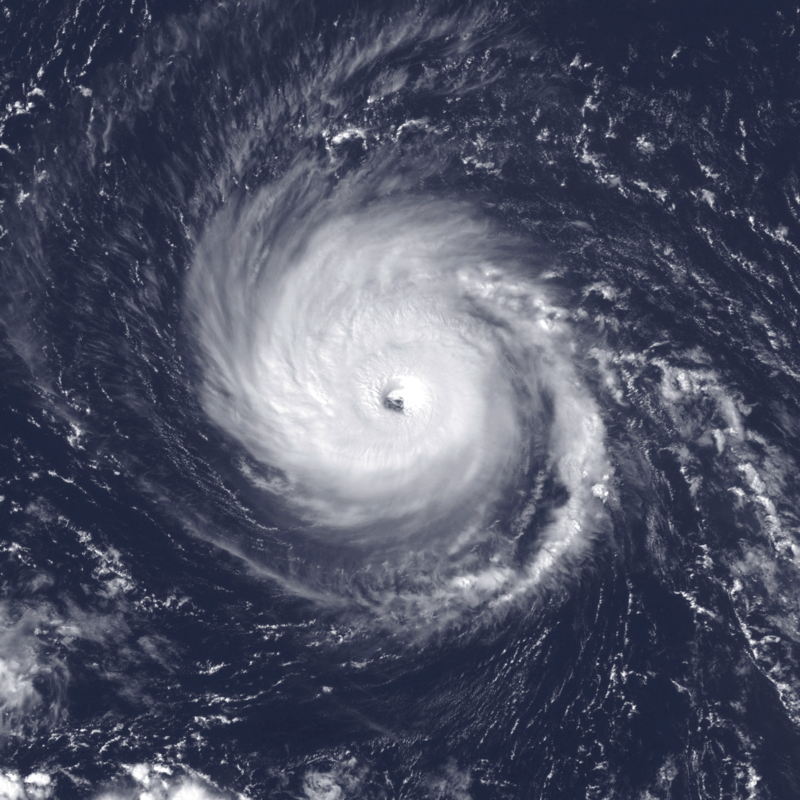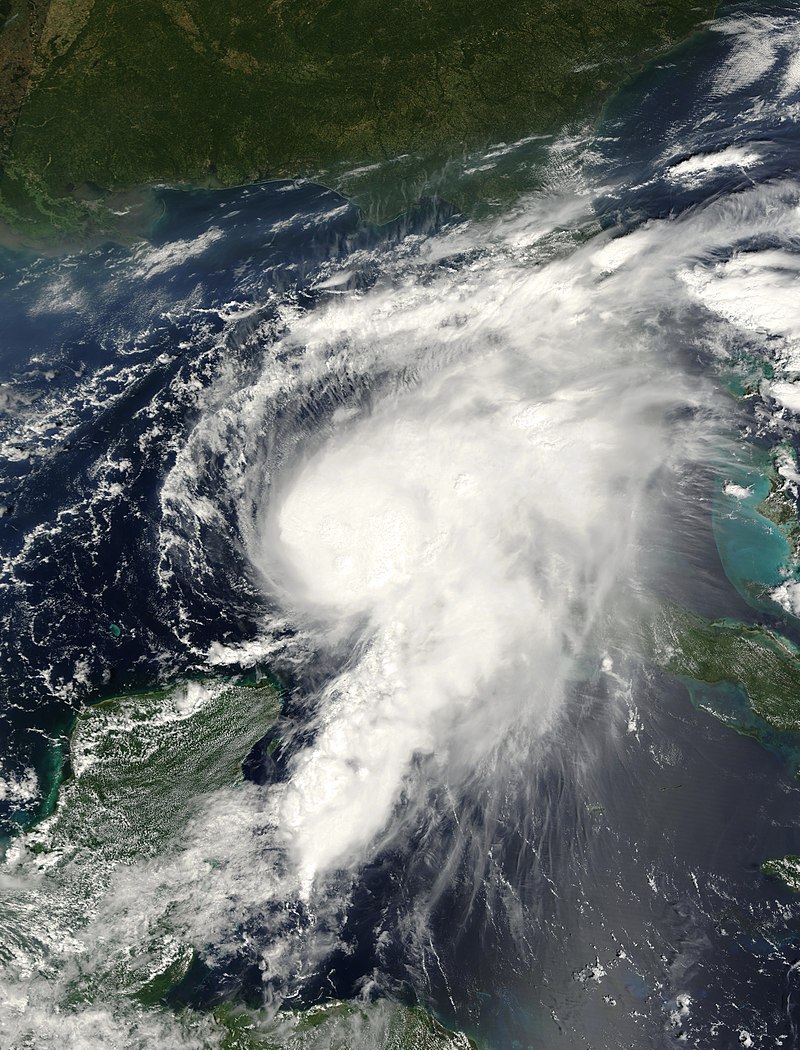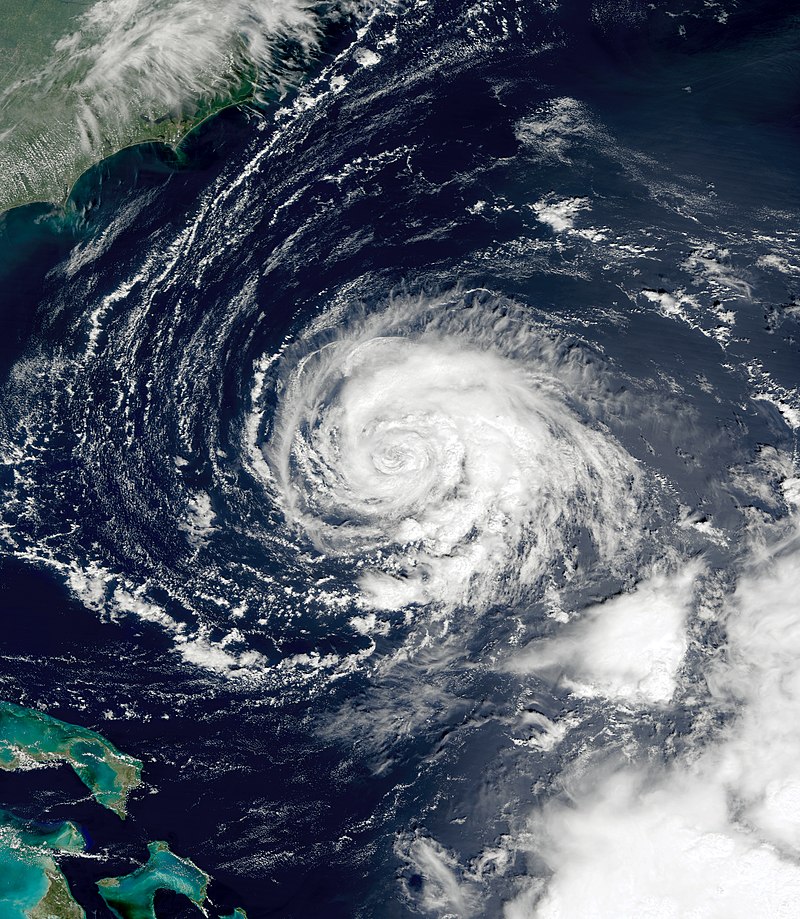This research article examines Hurricane Kate, a notable tropical cyclone that spanned late September to early October 2003, leaving minor impacts across the Atlantic Ocean. The article focuses on the storm’s unusual track, changes in direction, limited effects on land, and its proximity to Hurricane Juan, which had recently impacted Atlantic Canada. Although Hurricane Kate caused minimal damage and had no reported fatalities, it serves as a reminder of the unpredictability of tropical cyclones. Recommendations for preparedness in the face of similar hurricanes are also discussed, and an intriguing fact resulting from the 2003 Hurricane Kate is presented.
Introduction: Hurricane Kate, the sixteenth tropical cyclone of the 2003 Atlantic hurricane season, developed from a tropical wave in the central tropical Atlantic on September 25. Known for its long duration and erratic track, Kate experienced four major changes in direction during its lifespan. This article focuses on the path and characteristics of Hurricane Kate, shedding light on its limited impacts on land and the proximity to Hurricane Juan’s recent devastation in Atlantic Canada.
Impact and Damage: Hurricane Kate, while a formidable storm, had minimal effects on land. Its closest encounter with populated areas occurred over Newfoundland, where the storm brought moderately strong winds and heavy rainfall. However, the impacts were relatively minor, causing no reported fatalities and resulting in limited damage. The region had been recovering from the recent devastation caused by Hurricane Juan, which struck just a week earlier.
Preparedness for Future Hurricanes: To enhance preparedness and protection in the face of potential landfall by hurricanes similar to Kate, the following measures are recommended:
a. Stay Informed: Regularly monitor updates from trusted meteorological sources and heed evacuation orders or warnings issued by local authorities.
b. Emergency Kits: Prepare emergency kits with essential supplies, including non-perishable food, water, batteries, flashlights, medication, and important documents. Be sure to have enough supplies to sustain yourself and your family for at least 72 hours.
c. Secure Outdoor Objects: Before a storm, secure or store outdoor furniture, potted plants, and any loose items that could become hazardous projectiles during high winds.
d. Review Insurance Coverage: Review your insurance policies, ensuring they adequately cover potential damages caused by hurricanes. Consider adding flood insurance if you reside in a flood-prone area.
e. Evacuation Planning: Familiarize yourself with evacuation routes, shelters, and transportation options in your area. Develop a family emergency plan and communicate it to all household members.
Interesting Fact: An interesting result of the 2003 Hurricane Kate is the reminder of the inherent unpredictability of tropical cyclones. Kate’s unusual track, characterized by multiple changes in direction, serves as a reminder that hurricanes can exhibit erratic behavior and defy initial forecasts. This underscores the need for vigilance and preparedness even in situations where the direct impact on land may appear minimal.
Conclusion: Although Hurricane Kate in the 2003 Atlantic hurricane season caused minor impacts and posed limited threats to land, its erratic track serves as a reminder of the unpredictable nature of tropical cyclones. By staying informed, preparing emergency kits, securing outdoor objects, reviewing insurance coverage, and familiarizing oneself with evacuation plans, individuals and communities can enhance their preparedness for future hurricanes similar to Kate. The lasting impact of Hurricane Kate lies in its testament to the importance of remaining vigilant and taking proactive steps to protect lives and property during tropical cyclone events.




Leave a Reply